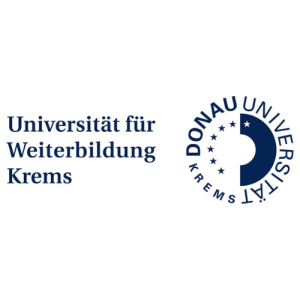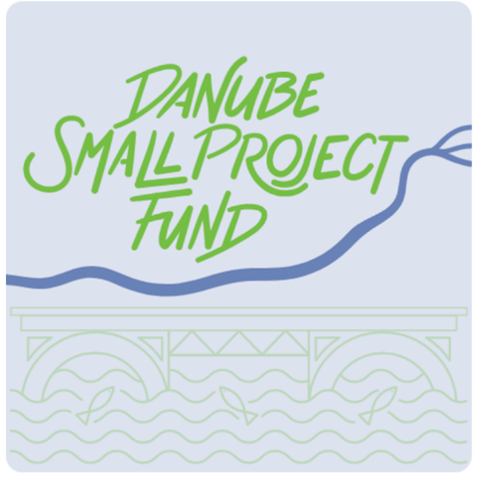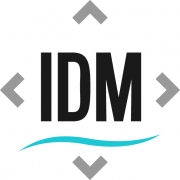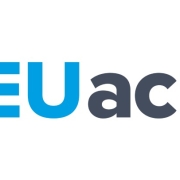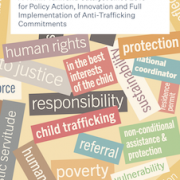“Climate crisis,” “migration crisis,” “populism,” “economic crisis” – in the news and public discourse, various crises that threaten our societal “order” are being discussed. The project “European Dis/Orders” (at the Institute for the Danube Region and Central Europe in cooperation with the University for Continuing Education Krems) has a dual purpose. First, it aims to explore the diverse usage of the concepts of “order” and “disorder” in public discourses and their conceptual understanding from a theoretical standpoint. Second, the project seeks to examine specific thematic and regional case studies through the lenses of “order” and “disorder.”
General Information
Objective
– Concepts of “order” and “disorder” (in politics, law, sociology, history, art)
– Analysis of concepts of “order” and manifestations of “disorder” in the East Central and Southeastern Europe
– Analysis of selected case studies from the region
– Ongoing monitoring of developments in the case studies
– Themes: “crisis of democracy” / “crisis in the democracy,” populism, ethnonationalism / multiculturalism, legal pluralism, religious pluralism, art and politics, sustainability etc.
– Annual conferences on specific topics (publication of the conference papers)
Team
– Dr. Dr. Péter Techet, PhD, MA, LL.M (IDM)
– Mag.a Rebecca Thorne MA (IDM)
– from the University for Continuing Education Krems: Mag.a Dr.a Christina Hainzl
Concept
“Order” / “Disorder”
“Order” is commonly perceived as a positive value, while “disorder” is often equated with a “crisis.” “Order” is also frequently linked with the notion of “normality,” justifying the existing status quo and labeling anything deviating as “abnormal.” However, the static concept of “order” contradicts the essence of a democratic and pluralistic society, which should continuously change and remain adaptable / resilient.
The project’s primary objective is to challenge this ideological distinction between “order” and “disorder.”
“Universalism” / “Particularism”
While modernity aspires to universality (statehood, “master narratives,” system theories, human rights, etc.), the postmodern era is characterized by the fragmentation of knowledge, multiple identities, divided sovereignties, and other elements reminiscent of early modern and premodern particularisms. The current “crises” can be seen as a transitional process between modern and postmodern ideals and realities or as a “crisis of universalism.”
The project’s goal is to explore the relationship between “order” and “disorder” within the context of “universalism” and “particularism.”
“Crisis in Democracy” / “Crisis of Democracy”
By understanding democracy as “rule for a limited time” (Oliver Lepsius), the so-called “crises” and “disorders” can be reinterpreted in a positive sense as essential dynamics within a pluralist society. Democracy inherently requires change, marked by the variability of majority and minority relations. As a result, it does not necessitate or presuppose a fixed “order” but rather a dynamic, ongoing process – in this sense, a “disorder.”
The project distinguishes between “crisis in democracy” and “crisis of democracy.” While the “crises” (as constant dynamics) are inherent to the nature of democracy, the “crisis of democracy” occurs when an “order” (in a populist, i.e., anti-pluralistic sense) is promised and enforced.
The project aims to investigate the various crisis phenomena in the democracies of East Central and Southeastern European countries to assess whether they reflect pluralistic dynamics (“crisis in democracy”) and, as a result, do not pose a threat to democracy, or whether they jeopardize this pluralistic dynamic (“crisis of democracy”).
Case Studies from East-Central and Southeastern Europe
The project aims to evaluate and analyze case studies on crisis (societal polarization, anti-elitist discourses, corruption, populism, “illiberal democracy,” ethnicization of politics, migration, sustainability, protests in art, etc.) with a strong focus on East-Central and Southeastern Europe, based on the conceptual differentiation between “crisis in democracy” and “crisis of democracy,” and “order” and “disorder”.
(Case studies to follow soon)
